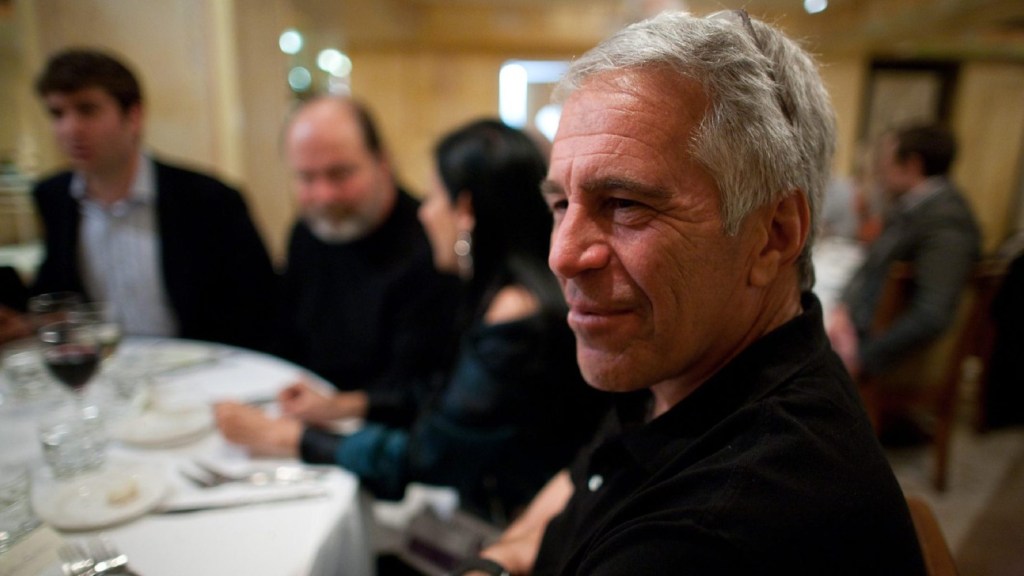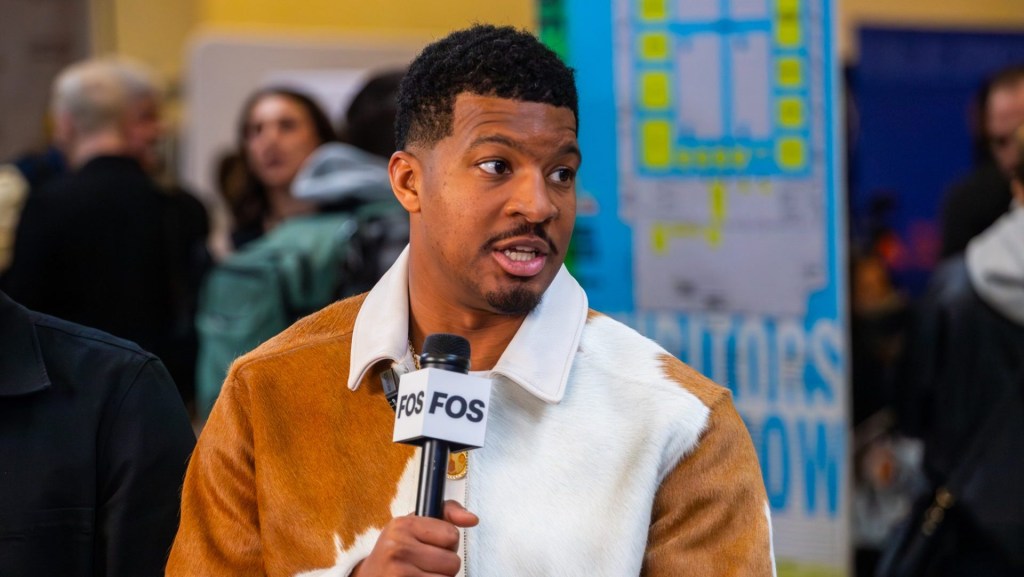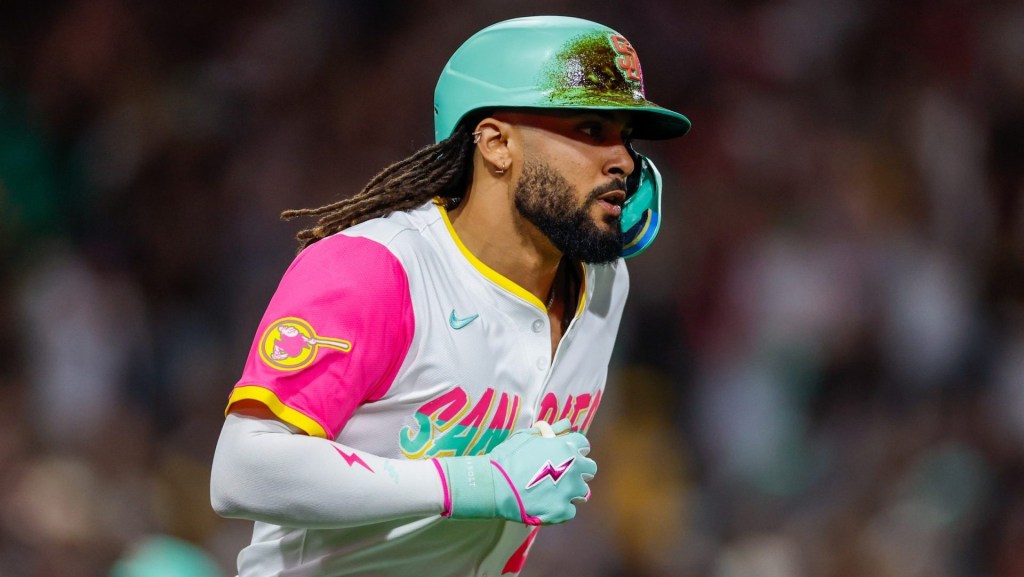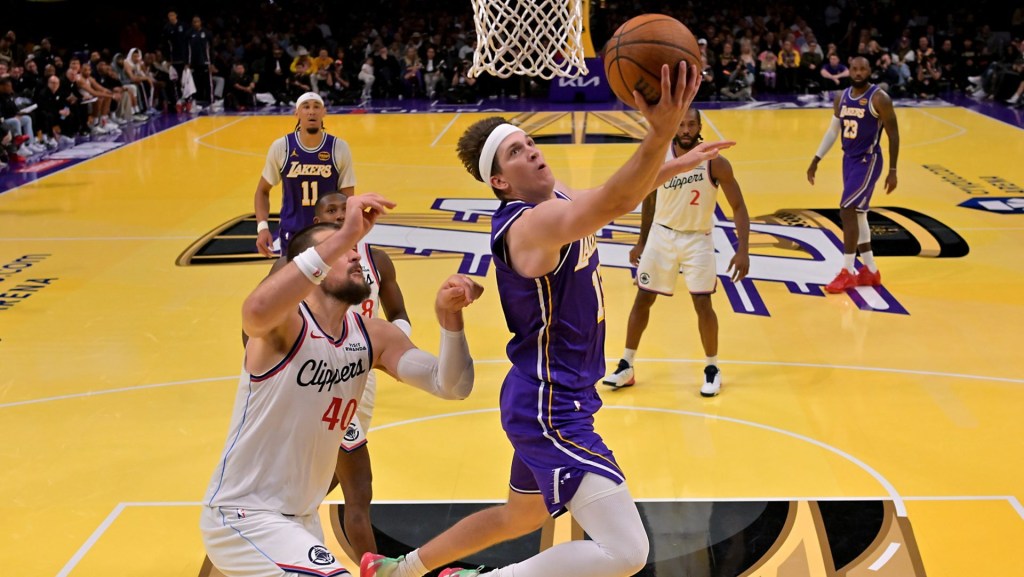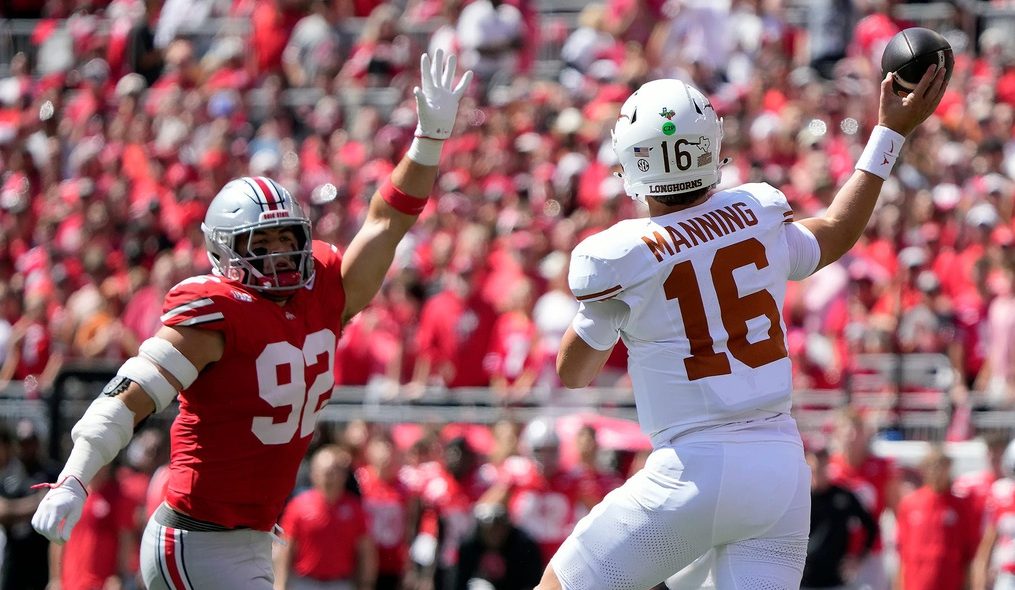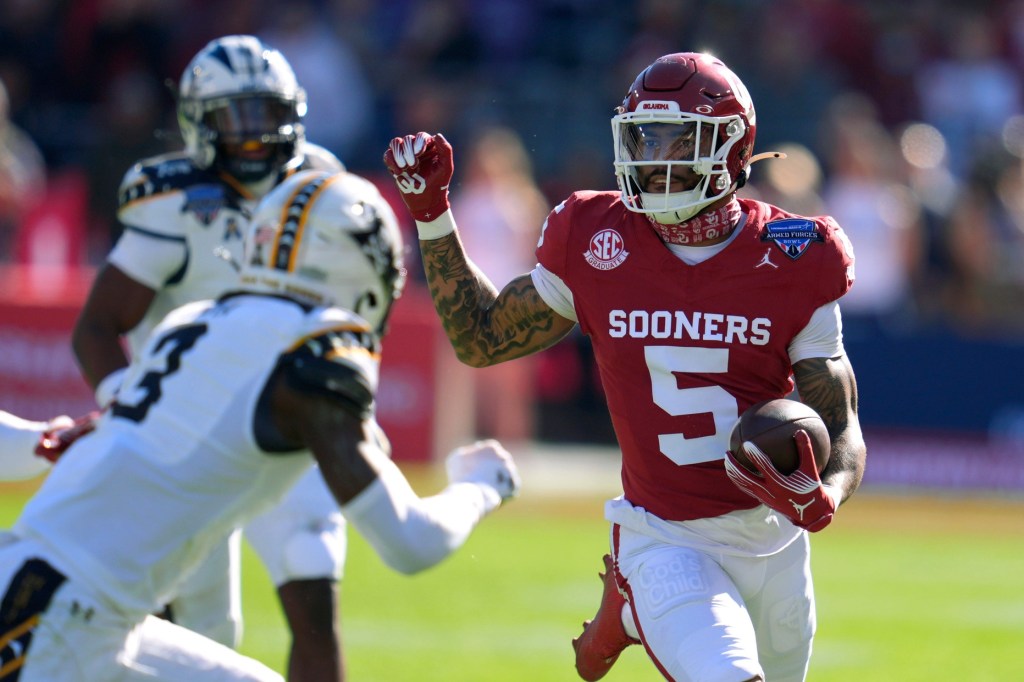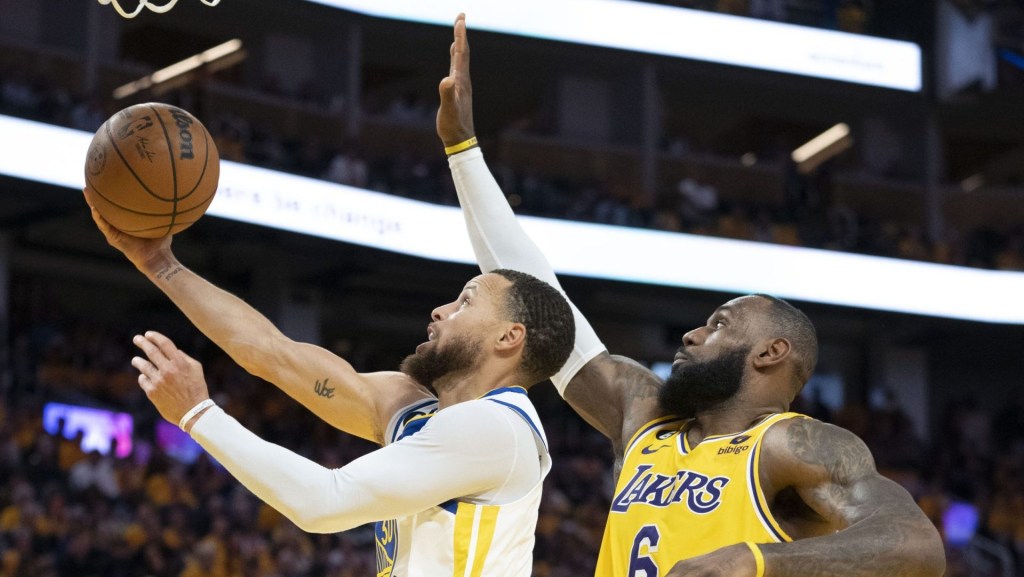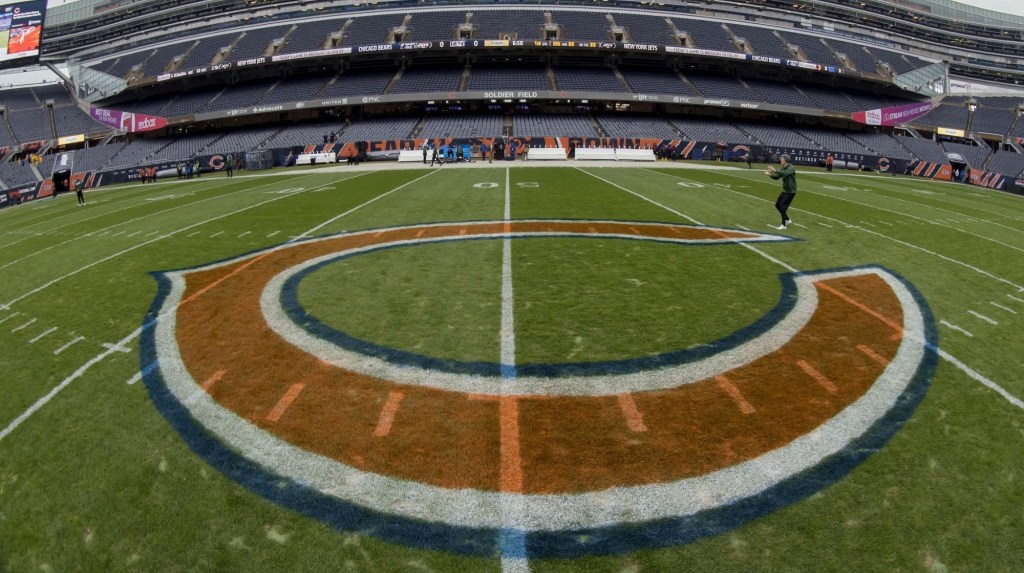In early May, reports surfaced suggesting the Trump White House was forming a blue-ribbon panel on the issues facing college sports.
Almost immediately, sources raised doubts about the “Commission on College Athletics.” Lawmakers on both sides of the aisle were blindsided by the commission, sources told Front Office Sports. Its purported co-leader, Nick Saban, has repeatedly cast doubt on whether it was necessary at all. Texas Tech board of regents chair Cody Campbell, reported to be Saban’s co-chair, did not publicly confirm his involvement. The White House never confirmed it was putting together a commission.
The commission had yet to be formed, and may never meet. Multiple reports Thursday suggested plans were now on hold. Two sources familiar with the matter told FOS that the Trump White House has made no final decision around college sports reform, including whether or not to form a commission.
Sources differed slightly in their characterization of the progress that Trump’s White House had made in delving into college sports issues, but ultimately both signaled that the White House has not yet made a final decision on whether to form the panel. Either way, the result is that there likely won’t be a Trump-led commission on college sports any time soon, if at all.
A representative for the White House did not comment.
At this point, it’s unclear who will take the lead on the issue, the sources said. One of the sources noted there were officials within the White House who did not believe a commission was the right move in the first place. Meanwhile, lawmakers continue their negotiations in Congress in the hopes of getting a bill passed.
The congressional effort is being led by Senate commerce committee chairman Ted Cruz (R., Texas), who has been working on legislation for at least two years. Cruz has said multiple times that passing legislation to regulate college sports was one of his top priorities in this new Congress, and has been engaged in bipartisan negotiations on a draft of a bill with senators including Cory Booker (D., N.J.).
Intense lobbying efforts will continue as well. The NCAA and power conferences (formerly including the Pac-12) have spent millions on lobbyists over the last six years. Their agenda: to pass a law that gives them antitrust protections to enforce compensation restrictions and other rules, one national NIL standard rather than disparate state laws, and the ability to deem athletes amateurs, rather than employees. They also hope a federal law would codify the terms of the proposed House v. NCAA settlement.
Other groups, some with conflicting agendas, have lobbied up as well. The American Football Coaches Association, several Olympic sports coaches’ associations, NIL collectives, and athlete advocacy organization Athletes.org have all disclosed lobbying activity over the past two years.
Regardless of the White House’s involvement, Campbell will continue to be involved in conversations regarding legislating college sports reform, one of the sources tells FOS. In fact, Campbell has hired two firms to lobby on NIL (name, image, and likeness) issues in Congress through an entity called “Saving College Sports,” according to public lobbying registrations reviewed by FOS.
In mid-April, Invariant LLC and Fierce Government Relations filed registrations to lobby for “Saving College Sports.” The organization is in Forth Worth, Texas, listed at the same address as the headquarters for Double Eagle IV, an oil and gas investment company that Campball co-founded and is listed as co-CEO. The two firms filed first-quarter lobbying activity reports saying “Saving College Sports” spent $10,000 on lobbying services for each organization—for a total of $20,000 between January and March.
Campbell has been vocal about his opinions on college sports compensation both on the radio and written three articles in The Federalist this year, arguing that players deserve to be compensated, but that the system needs to change. While he’s endorsed key points of the NCAA’s agenda, he’s also called the NCAA “a cartel,” and criticized the power conferences. In addition, Campbell has said NCAA schools should be part of the Sports Broadcasting Act of 1961, which allows teams to pool their media rights. (However, a 1984 Supreme Court decision allowed all conferences to sell their own media rights, leading to the billion-dollar contracts for the richest leagues.)
At this point, though, neither Congress nor the White House appear close to presenting formal reforms for college sports. The next major decision, instead, is likely to come from federal judge Claudia Wilken, who is set to approve or deny the $2.8 billion House v. NCAA settlement in the coming days or weeks.
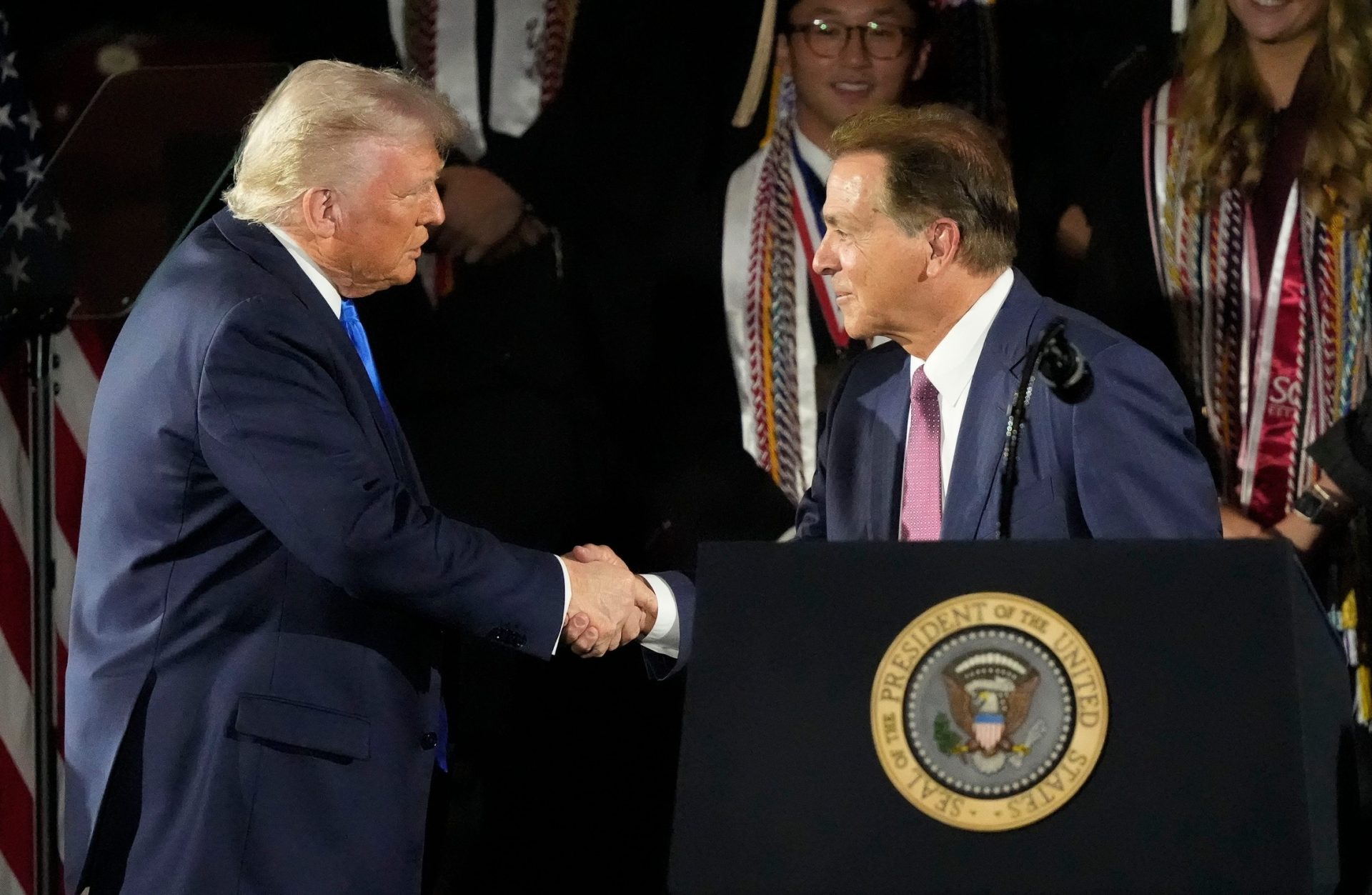
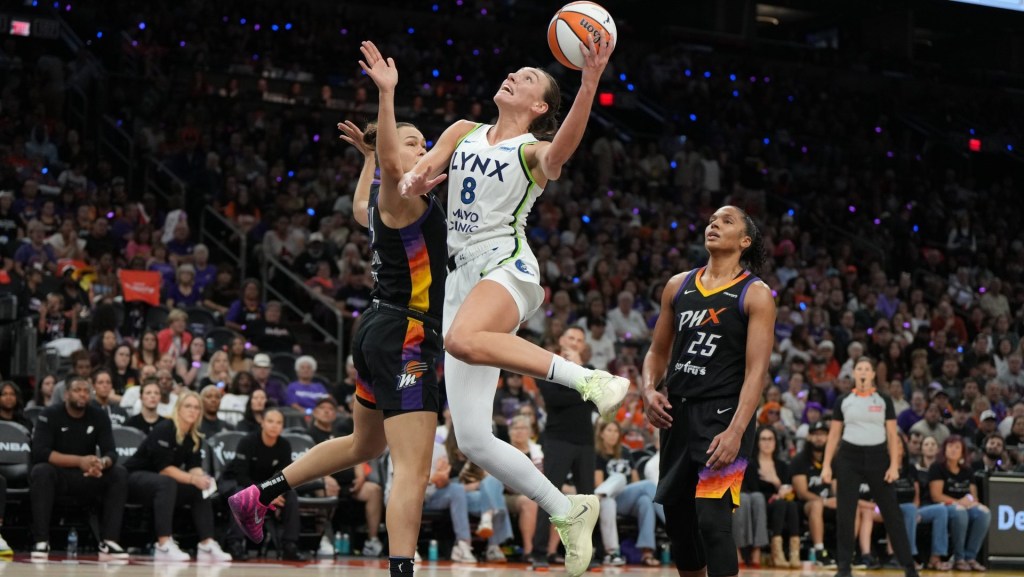
![[Subscription Customers Only] Jul 13, 2025; East Rutherford, New Jersey, USA; Chelsea FC midfielder Cole Palmer (10) celebrates winning the final of the 2025 FIFA Club World Cup at MetLife Stadium](https://frontofficesports.com/wp-content/uploads/2026/02/USATSI_26636703-scaled-e1770932227605.jpg?quality=100&w=1024)

